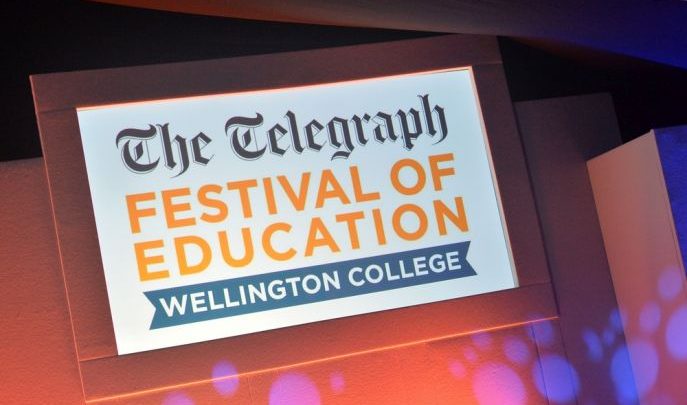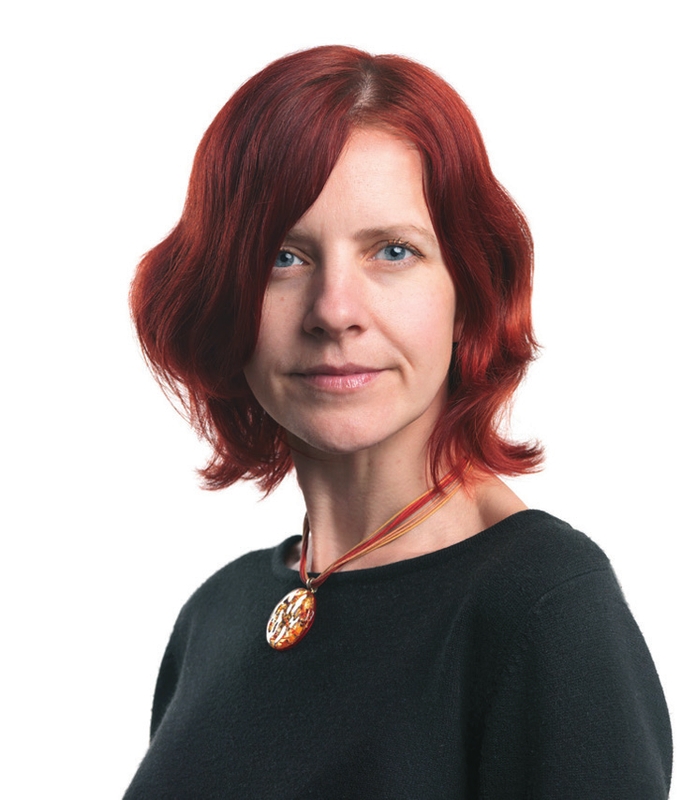Field Report – Festival of Education, Day 1, AM

Helen Mulley checks in after a morning of Brexit puns, vision with conviction and a grammar schools 'debate' on the first day of this year's Festival of Education…

- by Helen Mulley
- Former editor of Teach Secondary magazine and award-winning podcast host

So, I’m back at Wellington College for this year’s Festival of Education.
As usual, the setting is resplendent; as usual, the weather is decidedly generous; and as usual, during every session I attend, my mind is at least partly occupied with anxious thoughts about the two dozen or more workshops, seminars and debates happening simultaneously that I’ve had to decide not to attend in order to be where I am.
Still, I think I’ve planned a decent path for myself through the two days; starting off with Hugh Dennis, who opened proceedings with a keynote speech that got the room laughing (although not, alas, at his brand-new joke about the NHS system now having to divide people according to their Brexit views – inpatients and… well, you get the gist. He made a note, and it felt nice to have been helpful in formative assessment terms).
The comedian/actor/broadcaster pointed out that in fact, he had no real qualifications to be lecturing at an education event. It came as no surprise to learn that he does, like most of the more starry EdFest guests, have at least one child currently being educated on the premises – but nonetheless, spoke with authentic sincerity between gags about the difference between measurable and non-measurable achievements, and the need to give children “Time to think”.
A very sweary lesson
Next, I decided it was time to see what self-styled Bad Boy and sometime columnist for Teach Secondary magazine, Phil Beadle, has been doing with himself since his polemic last graced our pages a year or two ago. The answer, it turns out – as well as continuing to write books at an impressive pace – is what he does best: teaching. And that’s what he did here – delivering in 40 minutes a truly excellent, insightful and very sweary lesson on analysing poetry, only digressing onto class warfare two or three times.
Katharine Birbalsingh and Michaela Community School are prime media-magnets – and for precisely that reason, I very nearly didn’t go to hear the former’s presentation. In the end, however, my curiosity got the better of me, and clearly I wasn’t alone; it was standing room only in the hall. There’s no doubt that Birbalsingh is a compelling speaker – and whilst her vision of ‘the Michaela way’ isn’t to everyone’s taste, it’s undeniable that she is entirely committed to it, and utterly convinced it’s the right approach not just for children at her school, but more generally.
Interested to learn more about Michaela now from @Miss_Snuffy #EducationFest – A disruptive influence! pic.twitter.com/xno9GzUgTZ
— HannahTyreman (@hannahtyreman) June 22, 2017
In anticipation of criticism regarding a perceived lack of creativity in the Michaela curriculum, she finished with multiple examples of artwork by Y8 and Y9 students (after having explained that pupils who need to catch up with maths and/or English simply don’t get to study art or music), which were certainly all… excellently executed.
“I don’t care about Ofsted”, was the takeaway quote for my colleagues in the press room afterwards; I was more interested in the way that so many phones were suddenly raised to take a snap of the screen when the ‘behaviour management’ slide came up.
‘Great schools for every child’
Thanks to recent events, the final debate in the main marquee before lunch turned out to be considerably more moderate and conciliatory than the organisers probably had in mind when putting the festival programme together. Mary Curnock Cook, Graham Brady MP, Lord Lucas and Laura McInerney discussing grammar schools must have sounded like a marvellously spicy prospect before June 8th.
However, as soon as Graham Brady had confirmed that Theresa May’s pet project is now definitely not in the legislation programme for the next couple of years (“… and the foxes are probably safe, too”, added Lord Lucas wryly), the arguments on all sides were pretty much the same as they’ve been since the 50s, and essentially came down to what the phrase ‘great schools for every child’ actually means.
A straw poll of the audience at the end revealed that, unsurprisingly, the enthusiastically pro-grammar Graham Brady was a lone voice in the room, as well as on the panel – but one that, along with others who are in agreement, is unlikely to be silenced on this issue any time soon.










